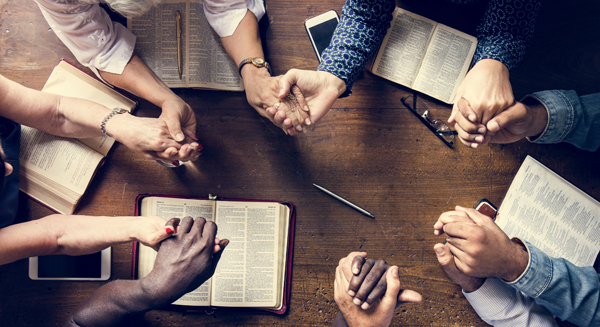About Grief
The extreme emotions that accompany loss cannot be predicted. The range of emotions encountered during grief is limitless and the duration of such feelings is incalculable. That’s why Warenski Funeral Home extends itself to you with grief counseling services.
Our grief counseling services are a reflection of knowledge, experience, and training shown through in our commitment to the community and dedication to you.
Our staff is committed to providing the most recent and up-to-date information available for understanding and adjusting to the death of someone close. Our grief recourse library is an excellent place to begin… There are many resources to choose from such as videos, books, pamphlets, counseling, tours, lectures and support groups.
Grief is a response people have to a loss, particularly a response to a death of a loved one. It comes and goes and will do so even when you think you are finally over it, but are you ever really over it? Some say they feel like they do get over the loss and others say they never get over the loss. What we are really experiencing is the acceptance of the loss. Some will handle it well and be filled with joy and a hint of sadness when reminded of their loved one and some may take it harder and harder every time. Everyone is different and will handle grief in different ways. There is no time limit or right or wrong way to grieve. Just grieve.
“Grief: It is not a place, it is a journey”

*Here is a good source for additional information about grief: https://www.centerforloss.com/

Children & Grief
Children and adolescents cope with grief a lot differently than adults.
Young children look for guidance from there parents. They are unsure how they should be feeling or acting. You should always be upfront and honest with children. You don’t need to give them an overwhelming amount of information but if they ask a question answer it in the simplest and honest way.
Adolescents may not seek the support of the parents. You may find that they distance themselves a little more than normal. Adolescents is an age of self discovery and independence. They are not sure exactly how to handle grief but they definitely want to try it on their own.
For more help about Children & Grief, here are a few links that may have the information that you are seeking
https://www.thesharingplace.org/ https://childmind.org/article/helping-children-deal-grief/
Coping Strategies for Grief
~ Crying: some individuals feel as if crying is inappropriate. They think maybe if they start crying they won’t stop or that because they are male then they cannot cry because of social standards. Crying is a normal response to grief. Whether you are male or female it is okay to cry. You can cry alone, with someone or you may find that you can’t cry, which is okay too.
~ Time alone: After something so devastating you may find that you have the feeling of wanting to be alone. It is encouraged to spend time to yourself to reflect, cry, or reminisce. It can be very healing and leave you with a sense of clarity.
~ Physical Activity: This can be very beneficial for the body and the mind. It serves as a distraction and released any tension.
~ Time with your family: This could help you though the process by sharing your feelings and memories with your family.
~ Pampering: do something out of the ordinary and schedule a time for you.
~ Support team: if you need the extra support, find it. This doesn’t mean counseling or therapy, unless that is what your looking for. it could mean seeking out friends or workmates to help you through this time.
~ Memorial: Write letters to the deceased, plant a tree or put a photo album together to commemorate their life in a way that is meaningful to you and those around you.

If you are finding it difficult to manage on a day-to-day basis, it may be helpful to see a counselor or other health professional. It is okay to admit you are struggling with your grief. No one will think any less of you at all.
Here are some helpful links for support:
https://intermountainhealthcare.org/locations/utah-valley-hospital/classes-events/support-survivorship/ https://healthcare.utah.edu/caring-connections/ http://www.myusara.com/event-page/grief-support/
Source: Better Health Channel

“One day we will remember how lucky we were to have known their love, with wonder, not grief.”
~Author unknown

